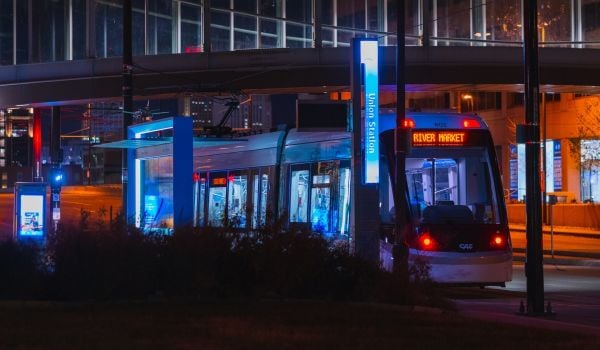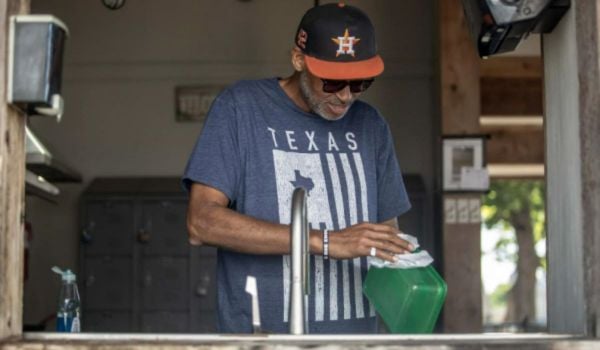The wait to find out which U.S. city will become the second home to Google Fiber is over. It’s Austin, folks.
Back in 2010, Google had selected Kansas City, on both sides of the Kansas-Missouri line, as its first test bed. In recent months there, the company has rolled residential Internet access that’s more than 100 times faster than what we generally know as broadband, and at $70 a month. In a deep dive into the project last November, I described this as “an almost comically large amount of bandwidth for the price.”
Some analysts and competitors grumbled that Google Fiber in Kansas City was an unreplicable indulgence, more of a chance for the California company to try out Google-y ideas about connectivity on Middle America than a genuine attempt to disrupt the U.S. broadband market to consumers’ benefit. With Austin, Google appears one step closer to proving that Fiber is more than just an experiment.
But Austin isn’t just round two, with more of the same. The Kansas Cities, certainly, had a lot going for them: There was a good deal of public interest, plus willing local governments with enough differences between them to be instructional. Kansas City, Kansas’ relevant utilities authority is public, while Kansas City, Missouri’s is private, and there was enough variety in the cities’ physical infrastructure — poles here, underground conduits there — that Google knew it would learn useful lessons about the nuts and bolts of deploying Fiber. Moreover, both Google and locals would point to KC’s tech community as a useful resource ready to be optimized.
In truth, though, the scene is more “burgeoning” than anything else. It’s small (over and over while reporting the story, I’d hear things along the lines of, “Have you talked to Aaron yet?”). Austin, meanwhile, is home to one of the country’s most concentrated tech scenes, one meaningfully swollen every year with the SXSW festival. Why does that matter? Because of the dirty little secret of the one-gigabit Internet: It’s blazingly fast, it sounds fantastic and it isn’t really good for much of anything yet. Normal humans circa 2013 don’t need a gigabit.
Here’s how I put it five months ago:
[T]here’s a hard truth running through Kansas City’s Google Fiber project. You can see it in the fact that the video game being streamed to a giant Fiber Space monitor is pretty severely pixilated. Or in the fact that a nutritionist on the telepresence display stutters before she begins handing out health advice. On another billboard in town, Google might sassily brag that, “Buffering is so broadband ago,” but Kansas City is no island. It depends on the rest of the Internet’s hardware, software and pipes, and the rest of the Internet isn’t yet gigabit-ready.
That’s still true today, but Austin is one of the places in the U.S. best primed to help build a gigabit-ready Internet. On a related note, while Google chose not to launch with a Fiber-to-business option in Kansas City, here’s betting they do in Austin.
There’s another wonky wrinkle that makes Google Fiber Austin particularly intriguing. Texas was the site of one the last decade’s fieriest resistances to the copycat laws banning municipal broadband networks that were popping up across the country. Google Fiber certainly isn’t a municipal project, but government and industry are cooperating to a historic degree to bring it about.
Texas has three times the population of Kansas and Missouri combined. By taking Google Fiber to Austin, Google and its allies have the opportunity to try out field-tested, potentially game-changing ideas about Internet deployment in a very big arena.

Nancy Scola is a Washington, DC-based journalist whose work tends to focus on the intersections of technology, politics, and public policy. Shortly after returning from Havana she started as a tech reporter at POLITICO.
















